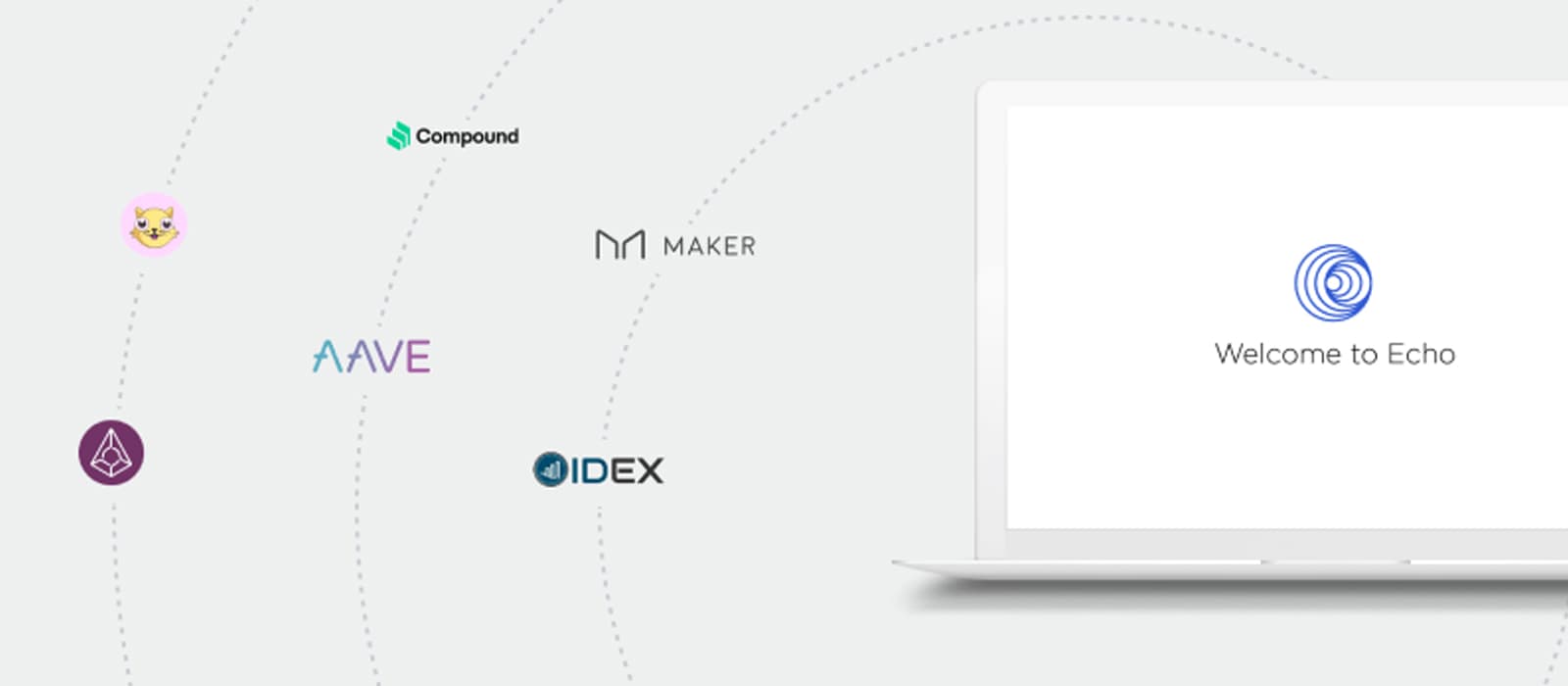We at PixelPlex have made it possible to launch existing Ethereum projects and dApps on our Echo network, which has not been done before.
Why Migrate an Existing Ethereum dApp?
When it comes to blockchain adoption, Ethereum has a few disadvantages that could make one consider to migrate to another network. Some of the main drawbacks are:
- DeFi and collectibles cause Ethereum Network congestion
- High fees
- Low transaction throughput
Another important reason to consider migration is the fact that other networks provide unique features, greater possibilities, and freedom in development. For example, Echo offers a working Bitcoin sidechain and C++ smart contracts support, as well as EVM и web3 support.
Where Should I Migrate my Ethereum dApp?
0x that we recently migrated performs much better on the Echo platform as compared to Ethereum. This is because:
- Bitcoin and Ethereum sidechains have the largest 0x exchange advantage. Almost completely decentralized, their users can cross-exchange them.
- Echo is underpinned by smart contract technology, which opens up new Bitcoin trade capabilities for the 0x protocol.
- Smart contract-based margin trading is a benefit to consider in Echo.
- Echo allows for credit trading of tokens that pay off the debts for currency withdrawal.
- Broker trading is also available for Echo users. The broker is given account access exclusively for the trades period, and with currency withdrawal restriction. Again, the procedure is decentralized, so you can do it with confidence.
- Getting back to the sidechain. Alongside with Ethereum, Echo also operates with tokens, making them qualify as independent full-value assets versus Bitcoin, and with no need to pay the exchange houses for the listing.
- Another benefit of Echo specifically is the contract fee pool, which is a bottleneck for Ethereum. Whenever you wish to exchange ZRX to, say, REP, you should invariably possess some ETH. In contrast, the Echo platform handles this concern via the contract’s fee pool deposit. Basically, Echo takes care of its clients by granting them an opportunity to pay the deals through their fee pools.
- Ethereum lacks native multisig, and it is not an issue if handled via specific contracts. However, in order to enter decentralized trades, you have to approve your possessions by creating a host signature. The host address will be your contract address. Thus, the decentralized exchange houses will actually be unavailable for multisig-based wallets. Echo is a win-win solution in such a situation, as the platform supports multi-signature functionality at the account level, as opposed to the contract one. Clients can definitely use their accounts for trading.
- Echo boasts of an amazing throughput, of no less than 1000 transactions per second. Ethereum, on the other hand, only handles 8 to 25 transactions, and other contract activities can put its network efficiency into question.
- Echo is a better pick for 0x short sales compared to Ethereum. Though, Ethereum’s high fees will be a dealbreaker, as opposed to Echo’s.
Once you make an order, you will have to go through one to three transactions, with a note that they should go across different blocks. Specifically, you can expect the following Ethereum timing, with one transaction every 20 seconds:
00:00 – first transaction starts
00:10 – expect the current block launch, with no transaction
00:30 – expect the transaction block launch and get approval that you have to make another transaction attempt
00:50 – expect the oncoming block, with no transaction
01:10 – the next transaction block launches, along with the order approval
Long way to run, right?
In this regard, we will once again put Echo into the spotlight. It ensures faster block release as compared to Ethereum’s workflow. Let us take a closer look at the timing:
00:00 – transaction #1 launches
00:03 – expect the current block launch, with no transaction
00:06 – expect the transaction block launch and get approval that you have to make another transaction attempt. Sending a user a request for signing the message takes more time than Ethereum’s block. Assuming that we have spent 10 more seconds on this
00:18 – expect the oncoming block, with no transaction
00:21 – the next transaction block launches, along with the order approval
